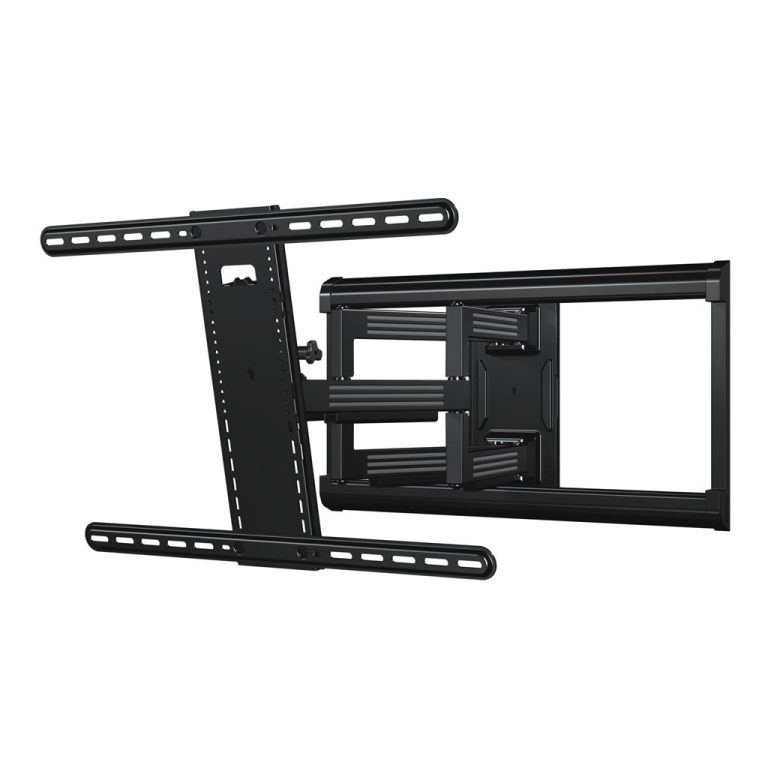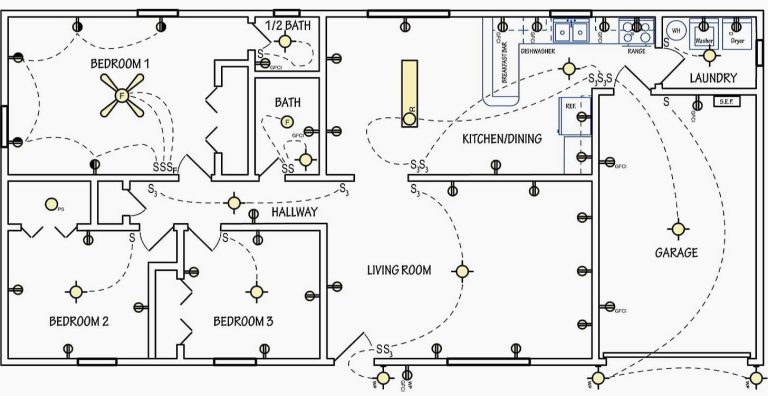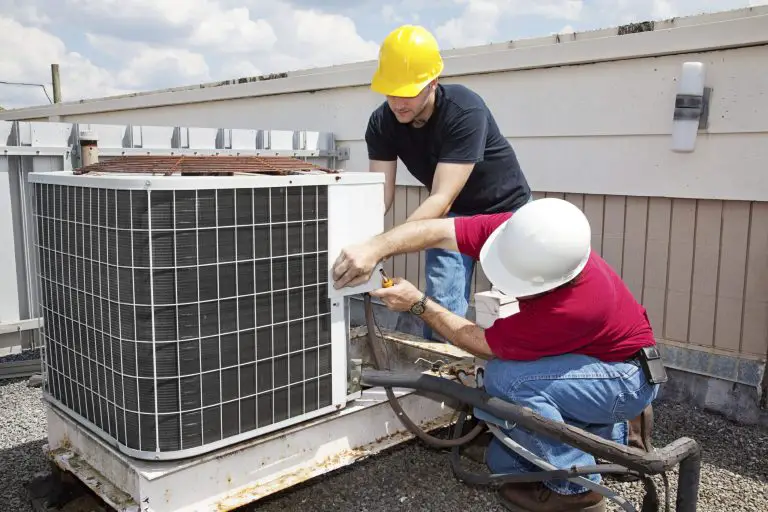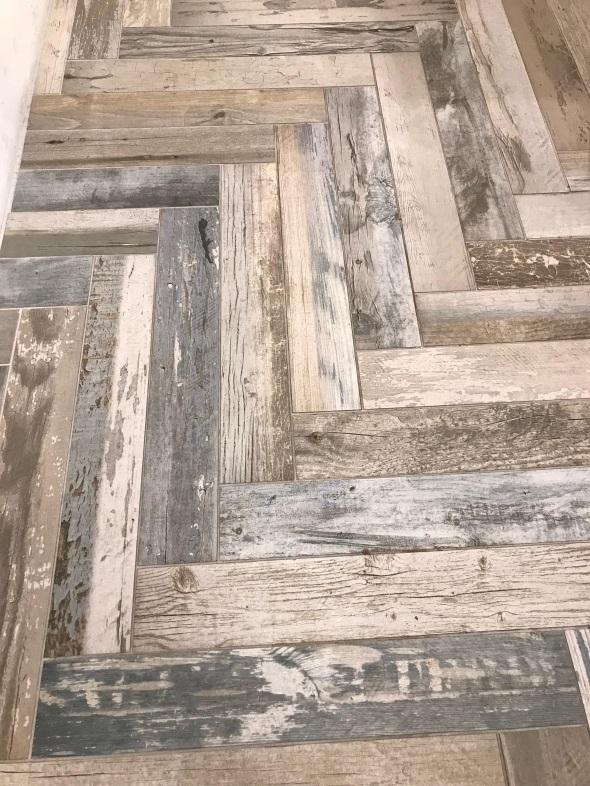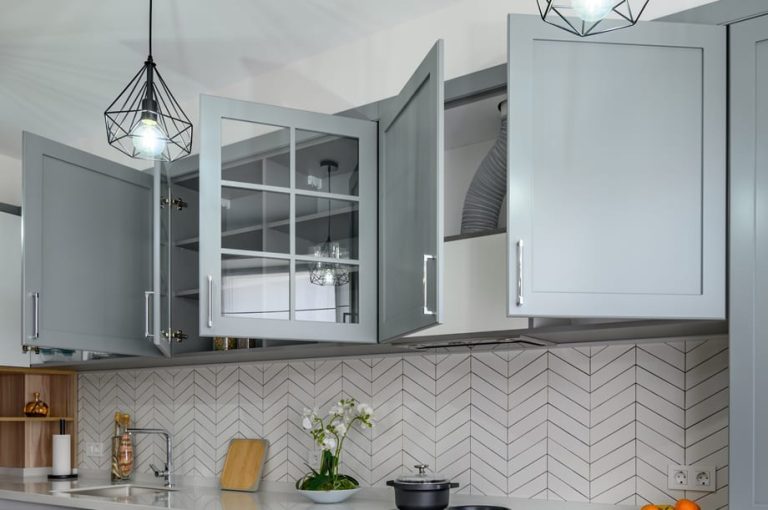Can Water Pressure Crack Concrete?
Concrete is a very durable material that is used for a wide variety of applications. However, it is not impervious to damage and can be cracked or broken by several different forces, including water pressure. Water pressure can cause concrete to crack due to its expansion and contraction when it freezes and thaws. This can lead to a variety of problems, from weakened structures to increased risk of water damage. Understanding how water pressure affects concrete and how to prevent it can help ensure the longevity of any structure built with concrete.
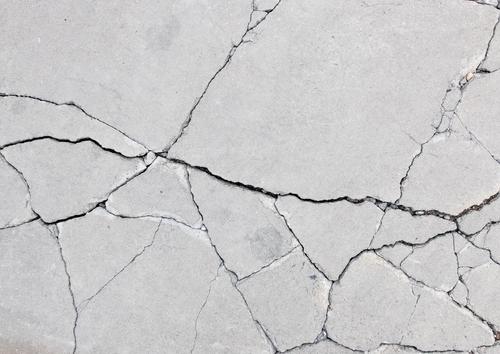
What is Concrete?
Concrete is a composite material made up of a combination of cement, water, and aggregate such as gravel or sand. This mixture cures and hardens over time, resulting in a strong, durable material. Concrete is used in a variety of applications from sidewalks and driveways to building foundations and structural support. But how does water pressure impact concrete? Can it cause concrete to crack or fail? To answer this question, we need to look at the effects of water pressure on concrete and how to prevent damage.
Water pressure can cause concrete to crack. When water seeps into the concrete, it can expand the structure, putting pressure on the concrete itself. This can cause it to crack and fail, especially if the structure is not properly reinforced. The amount of pressure needed to cause concrete to crack depends on the type of concrete, the amount of water, and the surrounding environment. For example, concrete exposed to extremely cold temperatures and high levels of moisture may crack more easily than concrete exposed to moderate temperatures and less moisture.
Effects of Water Pressure on Concrete
Concrete is one of the most durable materials used in construction, but that doesn’t mean it’s immune to damage. Water pressure can cause cracks in concrete, leading to water infiltration, structural damage, and costly repairs. In this blog, we’ll look at the effects of water pressure on concrete and how to protect your structure from water damage.
Water pressure is caused by the hydrostatic force of the water on the walls of a structure. It increases as water accumulates, and when the water pressure gets too high, it can cause cracks in the concrete. This is especially true if the concrete is already weakened by age or weathering. The water pressure can cause the concrete to expand, leading to cracks and other structural damage.
Fortunately, there are ways to protect your concrete structure from the effects of water pressure. One of the most effective methods is to ensure that the concrete is properly sealed and waterproofed. This will help to reduce the amount of water that can accumulate, thus reducing the amount of water pressure on the concrete. In addition, you should ensure that your drainage systems are working properly, and keep an eye out for any signs of water infiltration.
How Water Pressure Can Crack Concrete
Concrete is an extremely durable material, but it is not impervious to damage. One potential cause of damage to concrete is water pressure. When water pressure is applied to concrete, it can cause the concrete to crack and weaken. This can be caused by a variety of factors, such as a buildup of water behind the concrete, water pressure from a nearby river or lake, or even too much water being used in a concrete mix. Understanding how water pressure can affect concrete can help protect it from damage and ensure its longevity.
When water pressure is applied to concrete, it can cause the concrete to crack and weaken. This is because concrete is a porous material, meaning that it is made up of tiny holes and spaces that can be filled with water. Water can enter these spaces and build up behind the concrete, creating a great deal of pressure. This pressure can then cause the concrete to crack.
FAQs About the Can Water Pressure Crack Concrete?
1. Can water pressure alone crack concrete?
No, water pressure alone is not powerful enough to crack concrete. It is possible for water pressure to contribute to the weakening of concrete if it is already cracked, but it is not capable of cracking the concrete on its own.
2. What other factors can cause concrete to crack?
Many factors can cause concrete to crack, including temperature changes, loading and unloading of the concrete, ground movement, and poor construction practices.
3. How can I prevent concrete from cracking?
The best way to prevent concrete from cracking is to ensure that the concrete is properly mixed and poured and that the environment is not overly hot or cold. Additionally, proper drainage should be installed to prevent water pressure buildup, and any loads on the concrete should be kept to a minimum.
Conclusion
Water pressure can crack concrete, but only when the pressure is very high. When the water pressure is too low, the concrete will remain intact. As such, it is important to take measures to ensure that the water pressure is not too high when dealing with concrete structures.

